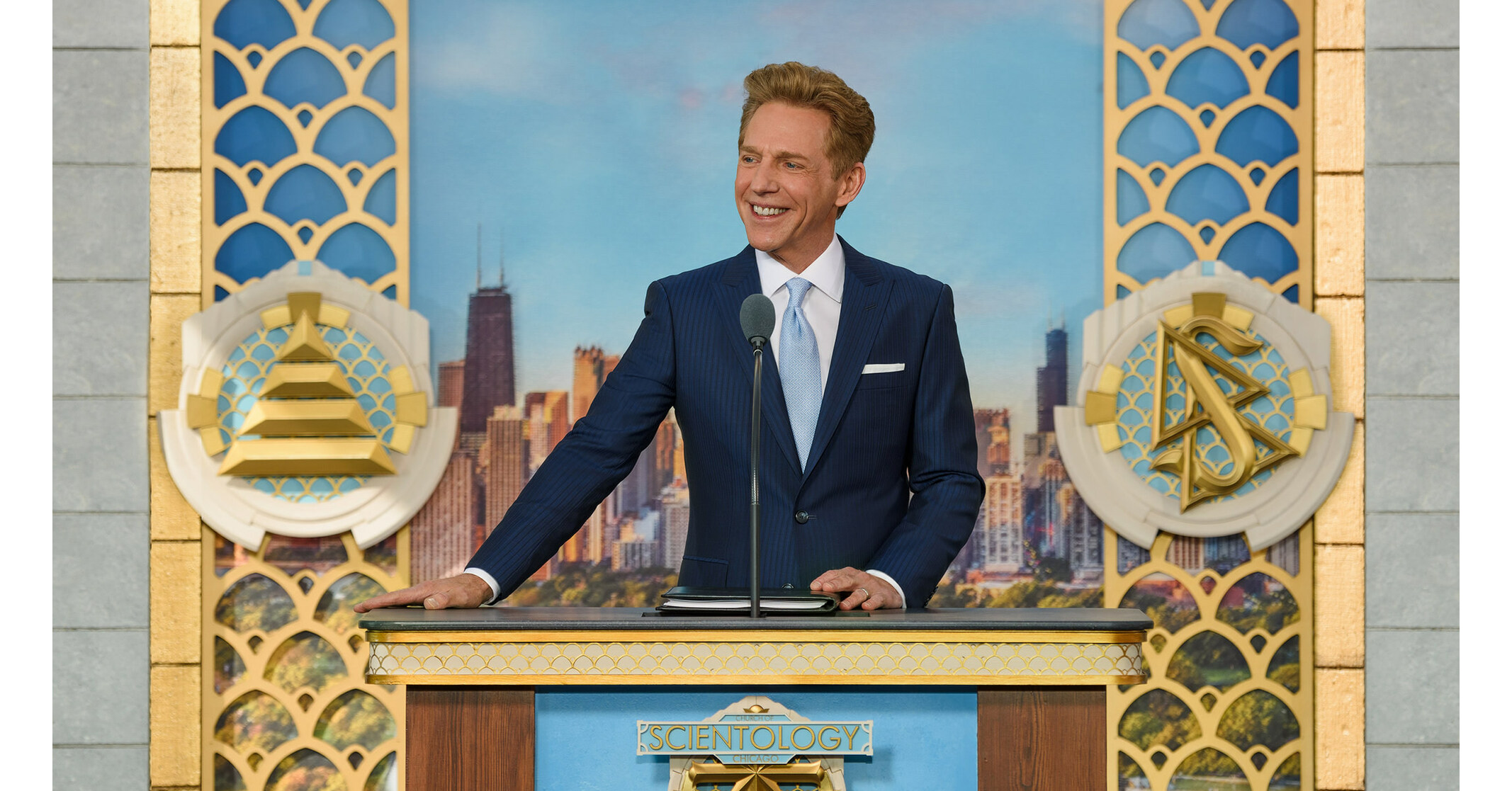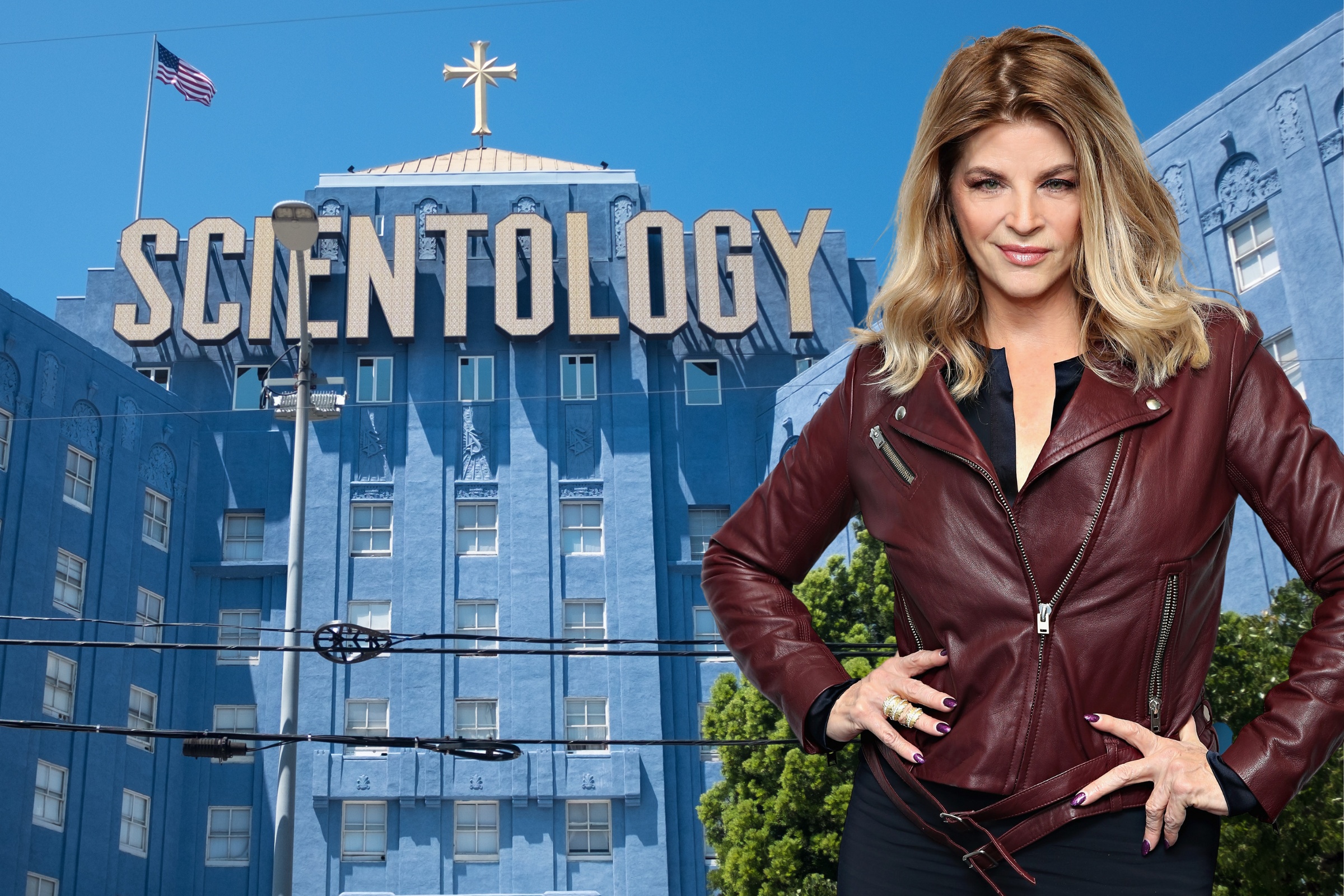Opening the Mysteries of Scientology: Resources, Provider, and Campaigns
Opening the Mysteries of Scientology: Resources, Provider, and Campaigns
Blog Article
Discover the Controversial Background Behind the Church of Scientology
The Church of Scientology has long been a topic of intrigue and conflict, with a background shrouded in secret and examination. With a web of controversial practices and ideas, as well as continuous legal battles and investigations, the Church of Scientology proceeds to be a topic that increases eyebrows and questions.
Beginnings and Starting of Scientology
Originally presented by L. Ron Hubbard in the very early 1950s, the beginnings and beginning of Scientology trace back to the growth of Dianetics and its succeeding evolution right into a distinctive spiritual motion. L. Ron Hubbard, a prolific science fiction author, first introduced Dianetics in 1950 as a self-help system intending to address various psychological issues. Hubbard's publication of "Dianetics: The Modern Science of Mental Health" amassed considerable interest, resulting in the establishment of the first Church of Scientology in New Jacket in 1954.
The transition from Dianetics to Scientology happened as Hubbard sought to expand his teachings beyond the realm of specific treatment to include broader spiritual principles. Scientology, as differentiated from Dianetics, presented the concept of thetans, never-ceasing spiritual beings that are core to the belief system of the Church of Scientology. This change marked the formalization of Scientology as a faith, triggering the reorganization of existing Dianetics groups into what is currently recognized as the Church of Scientology. Hubbard's vision and teachings laid the foundation for the controversial yet influential establishment that is Scientology today.
Debatable Practices and Beliefs

Furthermore, Scientology's idea in reincarnation and the presence of alien spirits called thetans has actually been a factor of contention - Scientology South Africa. The Church's mentors concerning thetans being liable for adverse feelings and past injuries, which can only be cleared with costly bookkeeping sessions, have actually been criticized as economically exploitative and manipulative
An additional debatable element is the Church's aggressive lawsuits strategies versus previous participants, movie critics, and media outlets. Scientology has a history of declaring suits and releasing negative campaigns versus those that speak out versus the Church, resulting in complaints of censorship and intimidation strategies.
Claims of Abuse and Browbeating
Among the controversy surrounding the Church of Scientology's beliefs and techniques, accusations of misuse and threat have come to light, more escalating scrutiny on the organization. Previous participants and critics have actually charged the Church of Scientology of participating in abusive techniques, consisting of psychological and physical misuse, compelled labor, and browbeating to protect against members from leaving the church. These accusations have elevated significant issues regarding the therapy of individuals within the organization and have actually led to ask for examinations right into the church's practices.
One of one of the most remarkable cases that brought focus to the issue of misuse within the Church of Scientology was the docudrama "Going Clear: Scientology and the Prison of Idea," which featured accounts of previous members that claimed to have actually experienced different forms of persecution throughout their time in the church. Furthermore, numerous legal actions have been filed versus the church declaring abuse and harassment, more adding to see post the unfavorable understanding of the organization. As the claims remain to surface area, the Church of Scientology faces expanding criticism and requires accountability concerning its treatment of members.
Lawful Battles and Examinations
Current legal battles and investigations have actually dropped light on the debatable techniques and alleged misconduct within the Church of Scientology. The church has been involved in various lawful disagreements for many years, with some of the most significant instances including complaints of fraudulence, harassment, and infractions of civils rights. One prominent lawful battle was the internal revenue service's denial of the Church of Scientology's tax-exempt status in the USA, which caused years of lawsuits and allures before the church ultimately regained its tax-exempt designation.
Moreover, the church has actually encountered examination from different governments and police worldwide. In nations like France and Germany, the Church of Scientology has Read More Here undergone examinations regarding its methods and treatment of members. Claims of browbeating, financial exploitation, and emotional control have gone to the leading edge of these questions.
Despite encountering legal challenges and examinations, the Church of Scientology remains to run internationally, promoting its beliefs and practices while remaining a dissentious and debatable company in the eyes of several movie critics. - What is Scientology
Impact on Participants and Culture
Having amassed interest for its controversial methods and alleged misconduct, the Church of Scientology's effect on both its participants and culture at large remains a topic of continuous examination and dispute. Within the Church, members are usually based on extreme examination, stringent guidelines, and considerable economic dedications. Records of emotional adjustment, required disconnection from member of the family critical of the Church, and claims of emotional and physical misuse have emerged, creating issue amongst both former members and external viewers.

Conclusion
In final thought, the church of Scientology has a lengthy and debatable history filled up with allegations of abuse, threat, and lawful battles. In spite of its origins and founding by L. Ron Hubbard, the organization's practices and beliefs have sparked a good deal of criticism and analysis. The influence of Scientology on its members and society all at once continues to be a topic of dispute and investigation.
Scientology, as separated from Dianetics, presented the notion of thetans, never-ceasing spiritual beings that are core to Our site the idea system of the Church of Scientology. Former members and doubters have accused the Church of Scientology of engaging in violent methods, including physical and emotional abuse, compelled labor, and browbeating to protect against members from leaving the church.One of the most notable cases that brought attention to the concern of misuse within the Church of Scientology was the docudrama "Going Clear: Scientology and the Jail of Idea," which featured accounts of previous participants who asserted to have experienced numerous types of mistreatment throughout their time in the church. One famous lawful battle was the Internal revenue service's denial of the Church of Scientology's tax-exempt condition in the United States, which led to years of lawsuits and charms before the church inevitably regained its tax-exempt classification.
Having actually gathered attention for its debatable methods and alleged transgression, the Church of Scientology's effect on both its members and culture at large continues to be a subject of recurring examination and debate.
Report this page